
Rerooted Archive is the biggest testimony collection project that preserves the history of the Syrian-Armenian community, from genocide survival to the vibrant life in Syria and adapting to Armenia after the Syrian war. With the help of volunteers from different parts of the world, the founders of Rerooted Archive, Anoush Baghdassarian and Ani Schug, aim to preserve and share the history of the twice-displaced community.
Anoush received her Master’s in Human Rights from Columbia University and her Juris Doctorate at Harvard Law School. Ani pursued Politics and Middle Eastern Studies at Pomona College, and now she works as a DOJ (U.S. Department of Justice) Accredited Representative.
They first met at the Claremont Colleges in California, where they both were studying. When Anoush saw Ani wearing a shirt with “Armenia” written on it. She approached her, and it was the beginning of their friendship. Ani says it was a perfect diasporic story of meeting another Armenian and immediately feeling connected. After this meeting, they restarted and ran the Armenian Student Association at their college. When close to graduating, Ani and Anoush had various creative project ideas to apply for fellowships. “Anoush came to me with the idea of applying for a grant under the Davis Project for Peace to build a project that would be sustainable and lead towards greater peace and understanding in the world,” shares Ani. “For when two of them meet anywhere in the world, see if they will not create a New Armenia,” Anoush quotes William Saroyan and sees a lot of relevance to her life and the story behind Rerooted.
Part of the inspiration for the project came while Anoush was working at Human Rights Watch, closely examining the Syrian crisis that forced more than half of the Armenian population in Syria to flee their homes and resettle in other countries. However, she found that most testimonies understandably focused on the Muslim majority, not touching on the stories of ethnic and religious minorities, including Armenians. Together with Ani, they came to Armenia under a Davis Project for Peace grant to collect documents and educate people about the Syrian-Armenian culture.
Their project, Rerooted, consists of three-fold goals of preservation, education and justice. Having learned from the past that without testimony collection, it’s harder to have any type of justice, Anoush wanted to ensure that it wouldn’t happen to the Armenians of Syria. She wanted to “preserve a snapshot of Syrian-Armenian culture, language and prosperity, while also documenting the harms that they were facing,” so that one day if there were justice efforts for the Syrian Armenians, their stories and damages could be included in the justice efforts.
In the Summer of 2017, they interviewed the first 80 Syrian-Armenians residing in Armenia. From then on they have been taking their equipment everywhere they go, so they don’t miss an interview if they encounter a Syrian-Armenian.
Ani and Anoush also involved volunteers in helping them with the project. Shahen Mtafian and Mirna Bzdigian, Syrian-Armenians studying at AUA, volunteered to share their and their families’ stories from the genocide to their life before and after the Syrian crisis. “I think more than ever now, Armenian people need to preserve their identity by telling their own stories. Rerooted and other projects like this do a huge amount of work by documenting those stories,” Shahen shares. He encourages other Armenians to pass on the stories of their ancestors by documenting and sharing them with future generations. As a descendant of the Armenian Genocide, Shahen believes it is important for him to tell the story of his grandparents and their survival. “It is my duty somehow to preserve that part of my identity by telling these stories as much as I can,” he says.
Mirna also thinks she can help preserve the Syrian-Armenian culture by documenting and keeping it alive. “I wanted to contribute to this cause of keeping our traditions, keeping ourselves and being remembered in the world,” Mirna shares. “And for the same reason, I would encourage other Syrian-Armenians to join so that they can share something that makes them or their ancestry special.” Mirna takes pride in being a Syrian-Armenian, and despite any struggles, she wants her fellow Armenians to speak up through initiatives like Rerooted and share their traditions, culture and history with the world.
Rerooted conducts and transcribes the interviews in Western Armenian to contribute to its preservation efforts. Despite being spoken by more than 250,000 Armenians of the Diaspora, including Syrian-Armenians, it is an endangered language according to UNESCO. “It’s a big reason for us to speak more Western Armenian. For example, to teach kids Western Armenian at schools, and not only Eastern Armenian, ” Mirna says.
Rerooted has hosted interns from different educational institutions and worked with volunteers in Armenia through Birthright Armenia, led legal fellowships for law students from Harvard, Columbia and other schools, and hosted summer undergraduate interns across a variety of majors.
If you are interested in joining the team, check their website for application opportunities or email them at rerooted.archive@gmail.com.

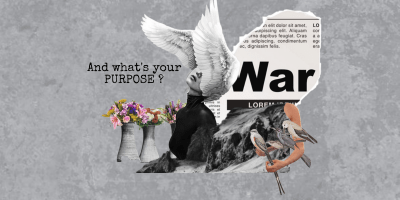
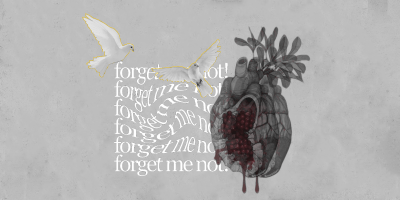
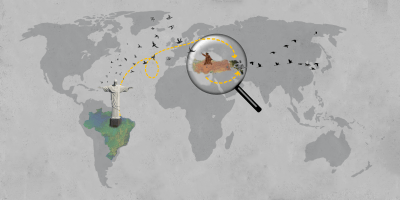

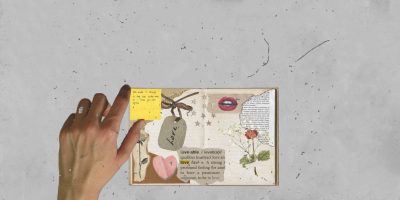
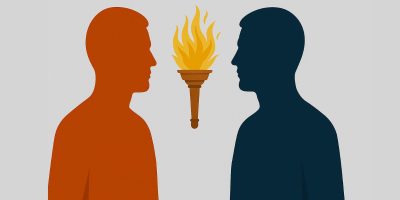
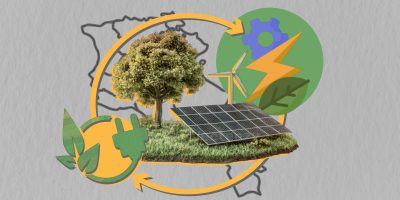
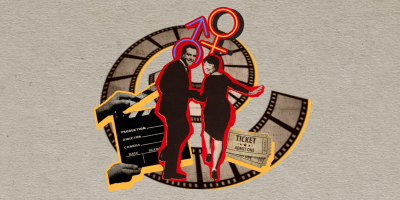
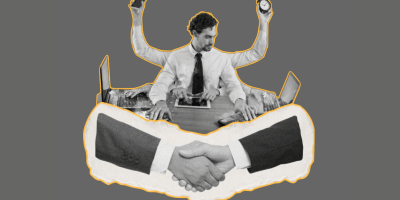
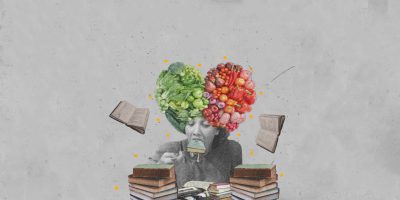
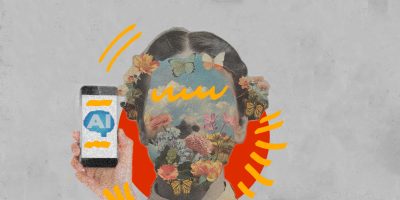
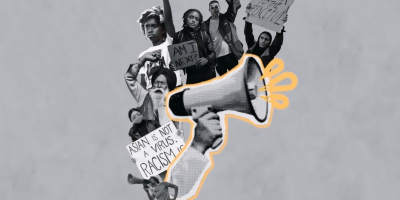
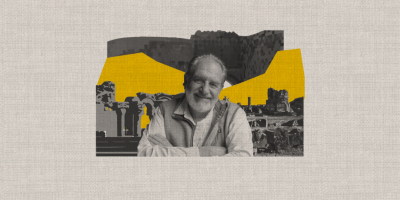
Fearless ladies! What an inspiring story! Given the hard flow of the day today, this came just on time to validate that we are strong when together. Enjoyed reading. Thanks!